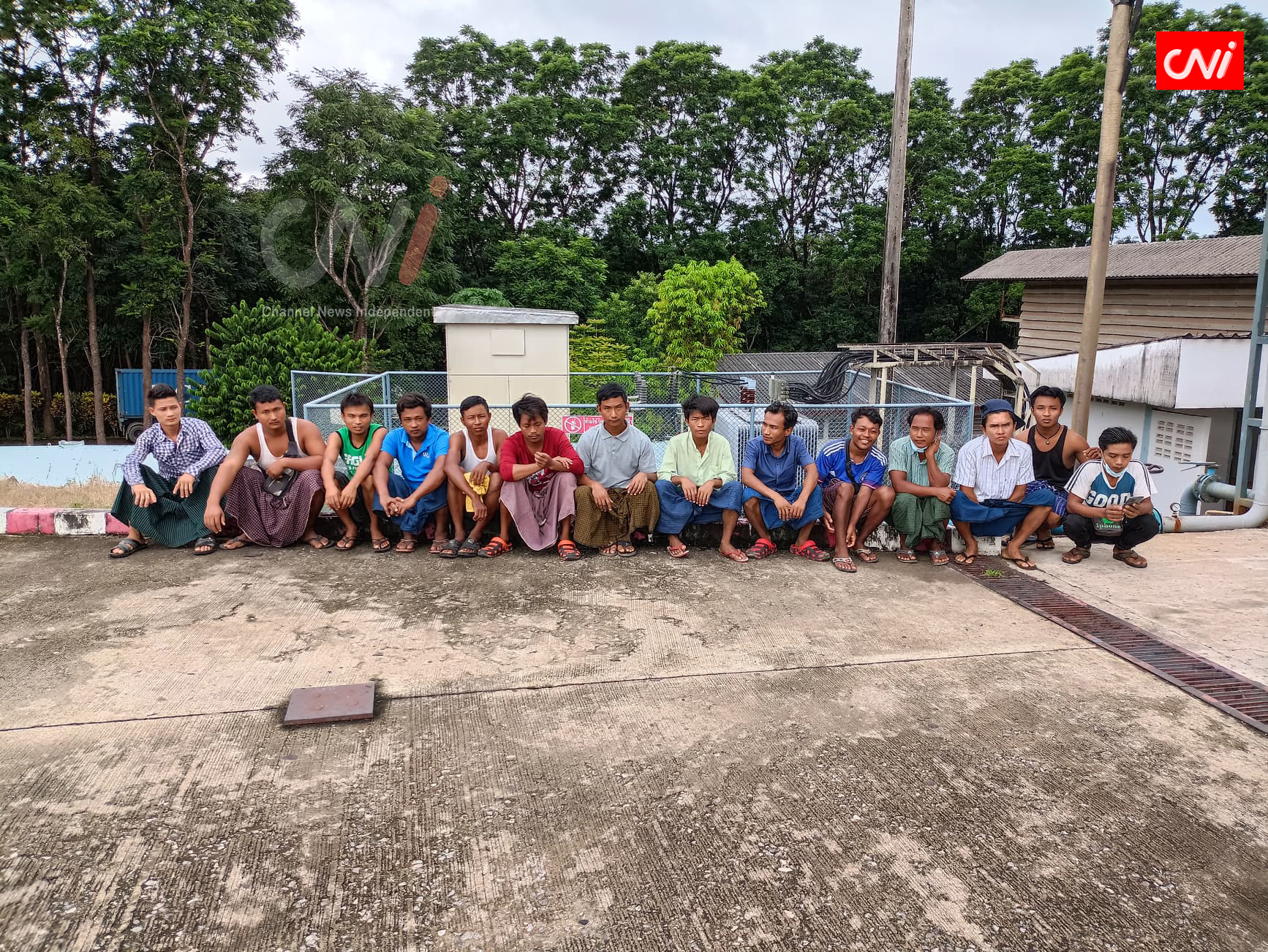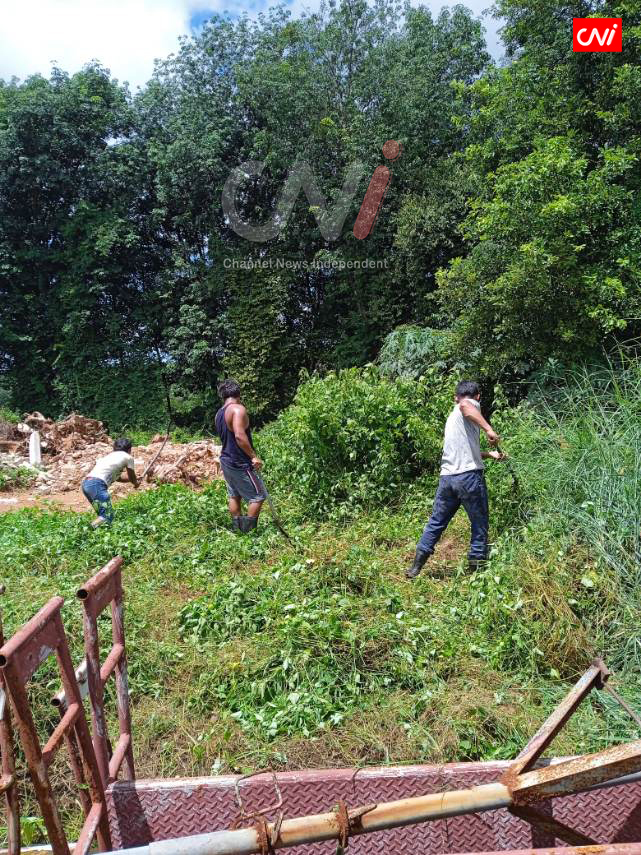CNI News
10 Sept 2022
A Thai employer has sought compensations of Baht 4,000 (about MMK 400,000) from each of 15 Myanmar workers who went to work in Thailand under the MOU between the two governments but decided to quit their jobs if they were forced to do the tasks that were not stated in their job descriptions, the migrant workers told the CNI.
Under their employment contracts, they were responsible for manufacturing finished rubber products but the employer forced then to do everything he wanted including clearing bushes and bricklaying, Ko Chit Soe Oo, one of the workers, told the CNI.
He said, “We came here to work through the Yaung War Oo Agency. We informed the agency before we arrived here for one month that we were forced to do tasks that were not stated in our job descriptions. The agency said that we had to do everything the employer asked within the compound of the factory. The employer asked us to do everything from clearing bushes to bricklaying. When we didn’t have much work to do, the employer told us to clean the storage facilities, which were very dirty and foul smelling. When we arrived at the factory, the employer gave us only a pair of boots and didn’t provide any other protection. So, we told the employer that we could no longer work for him. Then, the employer consulted with the agency and told us that we would be allowed to quit our job immediately and give us resignation letters if we each compensate Baht 4,000.”

Myanmar workers who paid Baht 4,000 each to the employer to quit their jobs.
As they had to handle chemicals and had to do tasks that were not stated in their job descriptions, each of them paid Baht 4,000 compensations and quit their jobs after working for only one and a half months.
So, the 15 workers had to pay Baht 60,000 in total and quit their jobs but they were expelled from the factory and were not brought back to the highway terminal.
The failure of the Myanmar overseas employment agency to offer help to the workers and the treatment of Thai employer on them amounted to exploitation of the workers, Ko Thar Gyi, a labour activist for Myanmar workers in Thailand, told the CNI.

Myanmar workers leaving the factory with their belongings.
He said, “The workers didn’t have to pay compensations for their resignation letters under the provision of the MOU. Under the provisions of the MOU, neither the employer nor the agency cannot impose compensations on the workers. It was a violation of the MOU. And the existing labour law also stipulate that workers must be employed at the jobs stated in the employment contract. So, the workers asked for help from us because it was not of their fault but of the agency and the employer. As the agency arranged for workers to sign employment contracts with the employer, it was the responsibility of the agency to check whether the workers were employed at tasks stated in their job descriptions. The agency cannot say it didn’t know the real situation. It is a violation of the labour law.”
The CNI contacted the Yaung War Oo Agency but it was not able to make a comment as its responsible officials had gone abroad.

Myanmar workers clear bushes, which is not stated in their job descriptions.
He told the CNI, “Our country has been sending tens of thousands of workers to Thailand and we don’t know who were sending them. It is necessary for a managing director of the agency to officially tell us its position. They said their boss was travelling abroad.”
Ko Thar Gyi told the CNI that action would be taken in accordance with the law over the issue of seeking Baht 4,000 for resignation letters.
“We will sue the factory in cooperation with a labour organization called Sawadican. If we sue the factory, the agents from Thailand and Myanmar will be accomplices spontaneously.”
There were many cases in which Myanmar workers who worked in Thailand under the MOU were not employed in jobs stated in the employment contract.




